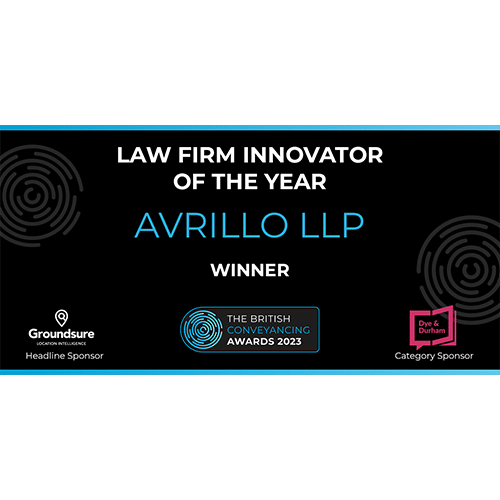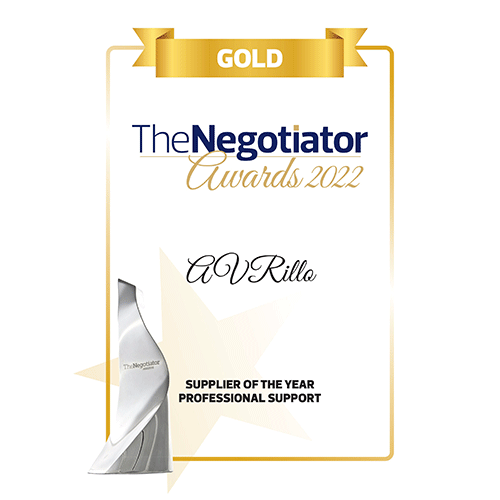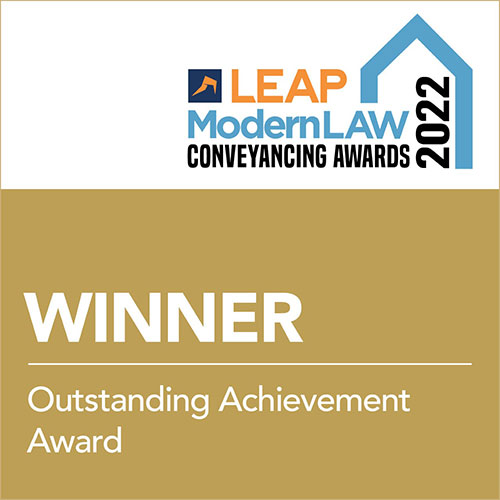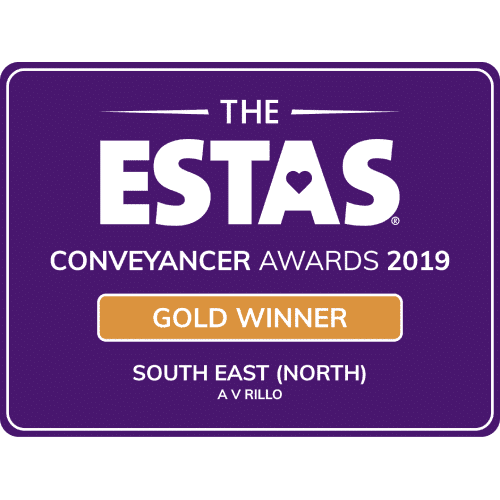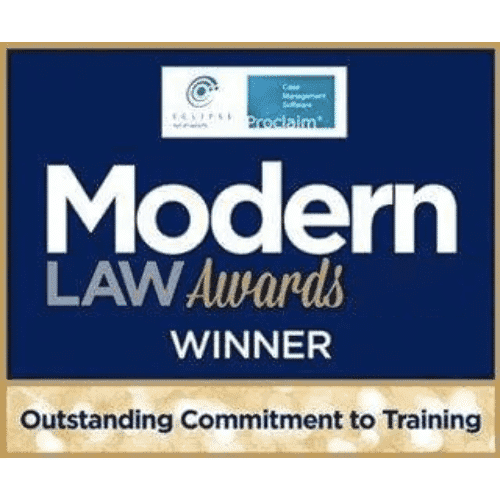

and start saving money now
and start saving money now
Get a FREE Conveyancing Quote
Award-Winning Conveyancing Lawyer in Bristol - AVRillo Conveyancers
 Free trial and money-back guarantee Our company has a strict quality assurance policy. We are very certain of delivering the best services to you. You can rely on us for the first 30 days of seeking our services. If you are not satisfied within this period, you can ask for a refund of your money. You will lose nothing in this period, you pay nothing, and once you are not satisfied with our services, you can still keep the work we have done for free.
Free trial and money-back guarantee Our company has a strict quality assurance policy. We are very certain of delivering the best services to you. You can rely on us for the first 30 days of seeking our services. If you are not satisfied within this period, you can ask for a refund of your money. You will lose nothing in this period, you pay nothing, and once you are not satisfied with our services, you can still keep the work we have done for free. No up-front costsYes, you read that right. When you seek our conveyancing services, you are not going to incur any upfront costs. You will pay nothing up-front, and that is as honest as it sounds. No delays are waiting for you to pay your bills. We take over all your transactions when buying any property in Bristol, and we resume our work on the spot.
No up-front costsYes, you read that right. When you seek our conveyancing services, you are not going to incur any upfront costs. You will pay nothing up-front, and that is as honest as it sounds. No delays are waiting for you to pay your bills. We take over all your transactions when buying any property in Bristol, and we resume our work on the spot. Well conversant with the national property market When you reach out to AVRillo conveyancers in Bristol, you are assured a team of lawyers with years of experience in the national property market. Our team is well conversant with all the details of the local property market in London and Bristol. This makes us stand out from the rest of the companies that offer conveyancing services in the UK.
Well conversant with the national property market When you reach out to AVRillo conveyancers in Bristol, you are assured a team of lawyers with years of experience in the national property market. Our team is well conversant with all the details of the local property market in London and Bristol. This makes us stand out from the rest of the companies that offer conveyancing services in the UK. We value your timeThere are a lot of risks involved when buying property for the first time. Reading the contract is also something you want to be keen on when doing. So, why should you take all the risk alone when a lawyer is in town to guide you through the conveyancing process? We assure you the speed you need when handling your moving in less than two months. This is way below the UK average of five months. We have recorded up to 95% success rate in our dealing, compared to the country’s average of 63%.
We value your timeThere are a lot of risks involved when buying property for the first time. Reading the contract is also something you want to be keen on when doing. So, why should you take all the risk alone when a lawyer is in town to guide you through the conveyancing process? We assure you the speed you need when handling your moving in less than two months. This is way below the UK average of five months. We have recorded up to 95% success rate in our dealing, compared to the country’s average of 63%. Reliable and affordableYou don’t have to dig deep into your pockets when buying property or moving to Bristol. Our company gives you value for every coin you spend on our conveyancing services. We have a proven track record of success and service delivery. Our services are trusted with The Sunday Times, and that means you can also count on us for the best conveyancing services in the UK. Our company has won the most awards in this industry, meaning you’ll be having your dealing handled with the best service provider around. We have over 1000 plus happy clients, making over £7 billion in deals. These numbers are a true indication that our company has a good track record you can always count on for the best conveyancing in the UK.
Reliable and affordableYou don’t have to dig deep into your pockets when buying property or moving to Bristol. Our company gives you value for every coin you spend on our conveyancing services. We have a proven track record of success and service delivery. Our services are trusted with The Sunday Times, and that means you can also count on us for the best conveyancing services in the UK. Our company has won the most awards in this industry, meaning you’ll be having your dealing handled with the best service provider around. We have over 1000 plus happy clients, making over £7 billion in deals. These numbers are a true indication that our company has a good track record you can always count on for the best conveyancing in the UK. Utmost confidentiality in communication When communicating with one of our team members, you should be confident that all your information is in safe hands. We have developed an online system with sensitive communication in mind. We understand how difficult it can be to keep client documents safe when making a transfer. Therefore, we implement secure procedures like malware protection and encrypting all emails and direct conversations with clients.
Utmost confidentiality in communication When communicating with one of our team members, you should be confident that all your information is in safe hands. We have developed an online system with sensitive communication in mind. We understand how difficult it can be to keep client documents safe when making a transfer. Therefore, we implement secure procedures like malware protection and encrypting all emails and direct conversations with clients.
Recent Reviews
Conveyancing in Bristol: FAQs
How does conveyancing work in Bristol?
There are three basic stages in the conveyancing process in Bristol that you should be conversant with. This process involves:
- Making an offer and acceptance
- Parties exchanging contracts
- Completion
The buyer and seller of a property in Bristol agree to enter into a contract once they come to terms with a specific price for the property.
Both parties are free to pull out of the transaction in this first stage because it is not legally binding. No party will incur any financial penalty when they decide to pull out of the transaction.
The property buyer is allowed to work with their lawyer and carry out several checks on the property. These checks may include things like:
- The conveyancing lawyer conducting conveyancing property search, such as the local authority search.
- The buyer conducting an independent survey of the property without engaging the solicitors
- The conveyancing lawyers review the property information that the seller provides about the property and make any inquiries if there is any.
The buyer and the seller agree to sign and exchange the contracts once all the checks are completed, and everyone is satisfied and happy. Now, at this point, once the contracts are signed, the transaction is considered legally binding to both parties. Pulling out of the contract at this stage is likely to result in a financial penalty.
On reaching the completion stage, the transaction is now considered official. The lawyer transfers the property deed to the HM Land Registry, and the seller is now required to surrender or leave the property.
How long does the conveyancing process take in Bristol?
There is no exact time it takes for the conveyancing process in Bristol. The time can vary, and there may be no significant hurdles in the process. It normally takes between 12 and 14 weeks to complete a conveyance in Bristol. This period begins from the moment the conveyancers are instructed first.
There are issues bound to arise along the property chain that can cause a delay in transactions. Your lawyer is likely to inform you of any available options you have if there are any delays as the transaction is ongoing.
What are the searches involved in the conveyancing process in Bristol?
Your conveyancer will carry out some checks on your behalf if you are buying a property in Bristol. These checks are necessary to ensure you are made aware of any underlying and immediate issues that need your attention. There are three main conveyancing searches which include:
- Water and drainage searches – this search checks matters like drainage access to the property
- Environmental searches – this one checks issues such as land contamination and flooding.
- Local authority checks – are the most important checks that involve checking the surrounding area for pollution, planning, highway, and any other related issues.
Your lawyer is likely to carry out several searches not listed here, depending on the location and the type of property you are buying.
What is stamp duty?
Stamp duty is a type of tax that the government charges on the buyer of a property. Everyone is liable to a full stamp duty rate unless an exemption applies. If you don’t know how much you are likely to pay as stamp duty, you can ask your lawyer to calculate the tax on your behalf.
Note that a first time buyer may be exempted from paying a full rate. The lawyer should be able to send you the tax estimate when they give a quote estimate.
Property under a certain rate may be exempted from stamp duty. If you are buying property worth a million pounds, you should be ready to pay a higher stamp duty tax.
Once you have instructed your lawyer to complete the stamp duty form, the stamp duty becomes payable. You should always make payment before completion and get the right certificates to avoid any fraudulent buyer claiming illegal property ownership.
How much should I pay when instructing my lawyer to complete the stamp duty form?
How much you pay for the completed form will depend on your lawyer. How much they charge will be contained on their terms. If this is not indicated, you should feel free to ask them.
There are more than 70 questions listed on the completion form that you may not have all the time to answer correctly. Also, the completion from when completed incorrectly attracts a penalty. That means the lawyers will face the penalty and not you when they complete the form on your behalf. Hiring a conveyancer to help you fill the complete form is the best you can do.
What is a freehold property?
Freehold is a term used to describe the ownership of land. A land can either be leasehold (like flats) or freehold (like a house).
What is a leasehold property?
A leasehold is temporary ownership of a property. In most cases, the freeholder takes full ownership of the property once the lease agreement expires. Leasehold will usually apply to flats.
What is a title deed according to the HMLR Land Registry?
The HMLR Land Registry defines a title deed as a document relating to the property which may have benefits and rights that affect the property.
Can the deposit be less than 10% when buying a property?
In some cases, the buyer may not always be able to provide a full 10% deposit when buying the property. The reason is that they are buying the property on a 95% mortgage. It could also result when the buyer is receiving less money up the chain. For the seller, a reduced deposit of 10% will be paid, sometimes at 5% on average.
According to the contract, if something goes wrong and the buyer cannot complete the deposit, a process is followed in which the seller now keeps the buyer’s 10% deposit. The seller has to pursue a claim if the buyer doesn’t put the 10% deposit down. This is done through a litigation lawyer. A failed completion is not likely to occur. However, you have to beware of all the risks involved.
How long does property exchange take?
The property exchange process period varies depending on the conveyancer you choose to deal with. Other factors that may determine how long it takes include a chain and what time of the year it is.
In most cases, the completion takes between 3 and 4 months. It can take up to 5 months from the time you start contacting your conveyancing service.
Therefore, before you start instructing your property lawyer, you should find time to speak to them. AVRillo takes an average of 2 months on property exchanges.
What is a mortgage offer?
A mortgage offer contains the terms of the offer and the amount you are being offered.
How to start the conveyancing process in Bristol?
You can get in touch with our team of conveyancing solicitors in Bristol by simply giving us a call. You can get an online quote for our services or chat with one of our online agents.
We have a conveyancing team that will run through the first stages of the conveyancing transactions. Once we open your file, we instruct your conveyancer to take over all the legal issues and details related to the transaction.
Our team of conveyancing solicitors will be readily available to attend to you whether you are moving to or across the city of Bristol.
How much does conveyancing service cost?
Our licensed conveyancing services come in a range of flexible fees. We also charge a fixed fee for straightforward services. You may incur additional fees if you are required to complete a transaction. Our solicitors will engage with you and keep you informed on why you should pay any additional fees.
Disbursements are any additional costs that occur during the conveyancing process. Some of these additional costs include registering an HM Land Registry and conveyancing searches. Also, you should consider how Capital Gains and Stamp Duty taxes are likely to affect your property transaction.
How to find conveyancing services in Bristol
Finding Conveyancing Solicitors Bristol is easy, a quick google search will bring up plenty of firms wanting to bite your hand off, but how do you know which one will get you those keys and into that house, quickly, cheaply and still give you great service. Really research Conveyancing Solicitors Bristol before deciding the one. Cheap doesn’t always mean a great service. Picking the top firm from your quick search of Conveyancing Solicitors Bristol might cause you more stress than you expected.
We are AVRillo understand your needs better and offer you hassle-free and quick conveyancing services in Bristol.
- 24 / 7 Online Tracking
- Call Surgery
- Online Payment
- Quote App
- Our Team & Careers
- Conveyancing Today
- Get in touch
- Cheap conveyancing solicitors
- Online conveyancing quote
- Find a conveyancing solicitor
- Solicitors for house buying
- Residential Conveyancing
- Property Conveyancing
- Solicitor Costs For Buying a House
- House Conveyancing
- Conveyancing Guide
- Conveyancing Solicitor
- Residential Solicitors
- Conveyancing
